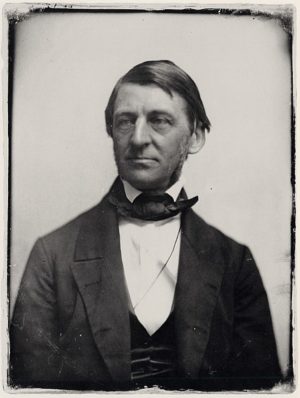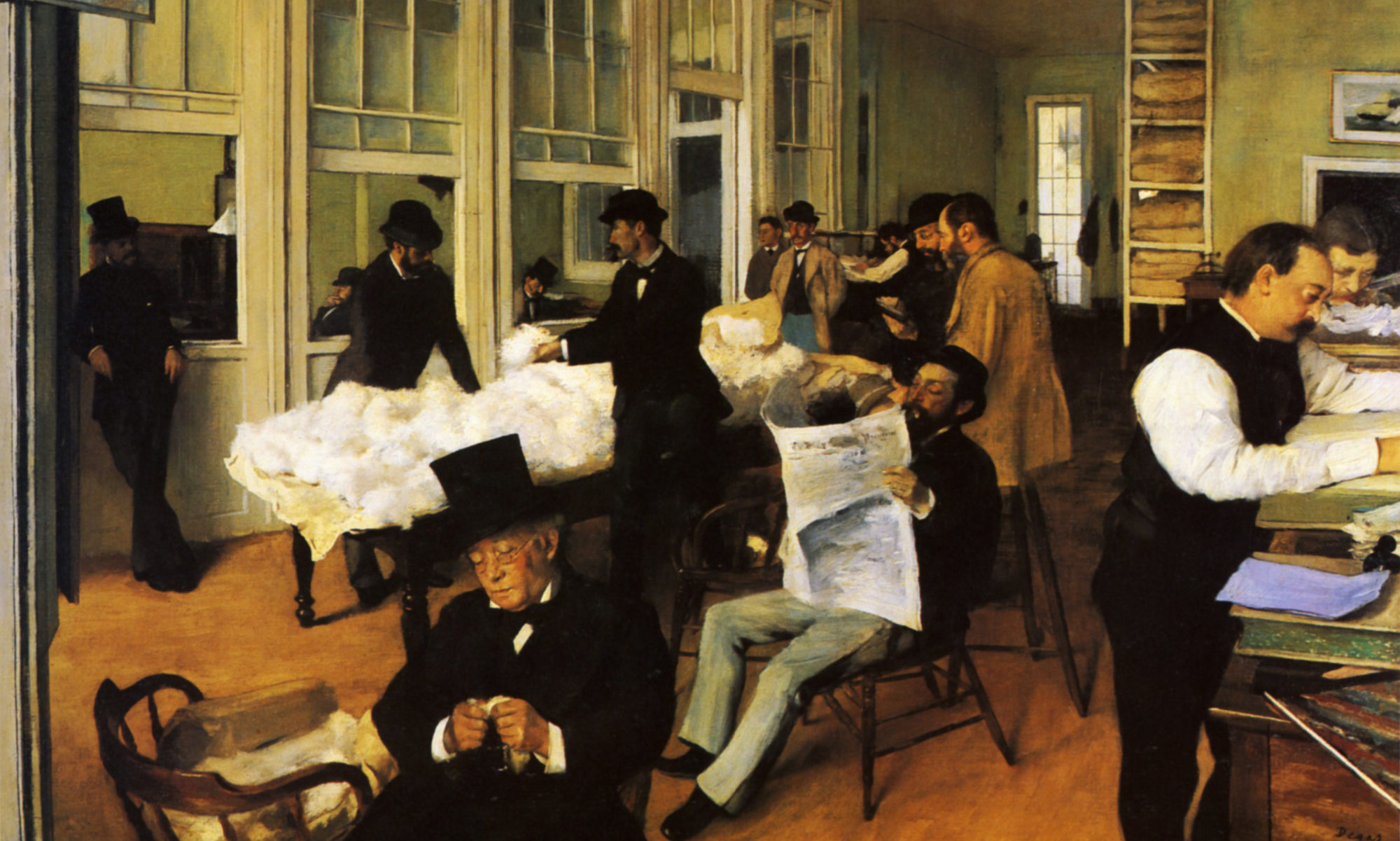
From the American Studies program’s George Blaustein, an essay on Joe Biden and the currents of modern grief, in the New Republic:
“I grieve that grief can teach me nothing.” The sentence is Emerson’s, from “Experience,” an essay written in 1844, two years after his own son’s death. How cold it seems, at least at first, as if the primary grief is canceled mathematically out by the secondary grief: Grief has no utility, let us dispense with it. A terrible thought. But this is a misreading, for that secondary grief about grief’s failure is, after all, still its own kind of grief. This is also terrible, but not cold. One feels in it a quiet, spiraling sorrow.
Biden, Emersonian recitations in his childhood mirror notwithstanding, is the un-Emerson: Grief has been central to his education. It has taught him a manner of communion, something like a pre-political or supra-political language. It is esoteric but crosses political divides. What that grief should teach us, as a polity, is harder to say. Biden’s 2020 campaign marshals grief anew, in a manner distinct from the secret, salutary mourning he performed as vice president. Sad ironies abound in this. Grief—unmastered, unprocessed—kept him from running in 2016, though he may very well have won. But now, grief has been refined into purpose (we might call it Biden’s sixth stage of grief) and propels him toward the presidency again.
